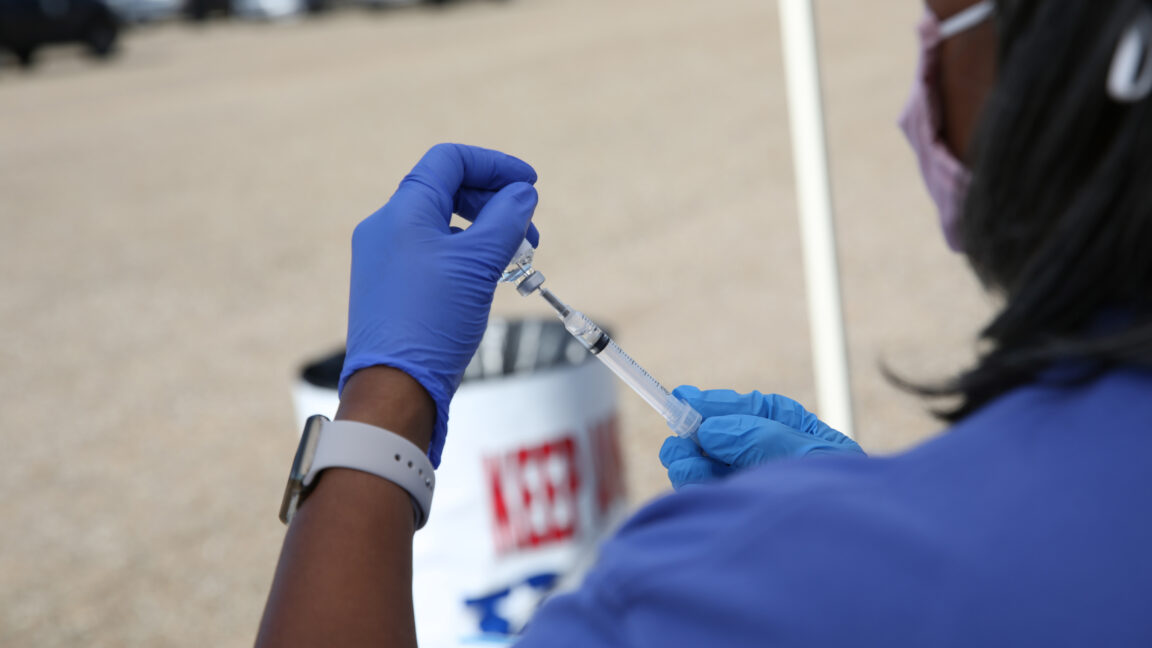Q&A: How the FDA is approaching AI in clinical trials and drug development


![]()
By Katie Palmer
Oct. 9, 2024
Health Tech Correspondent
In the last year, pharma incumbents have leaned into partnerships with AI-driven startups to supercharge drug discovery efforts. High-powered models of protein structure and molecule binding can help identify new disease targets, and even help design new drugs. But AI-derived or not, a new drug candidate still has to wind its way through the painstaking clinical trial process. That is why the pharma industry is also leaning into AI as a tool to make its clinical research more efficient — and the Food and Drug Administration is taking steps to clarify its regulatory approach to those trials.
AI models can predict which kinds of patients will respond the best to a drug, helping to design evidence-based inclusion criteria or optimize doses. AI-derived biomarkers are increasingly proposed as endpoints in human studies. And some groups are supplementing placebo groups with simulations, using models to predict what would happen to participants receiving an experimental drug if they had received the control instead.
advertisement
Related Story
 Writing health AI rules: Why Micky Tripathi faces one of the toughest jobs in Washington
Writing health AI rules: Why Micky Tripathi faces one of the toughest jobs in Washington
Those applications and more appeared in a recent analysis of AI in FDA drug and biologic submissions through 2021. The report was co-authored by Tala Fakhouri, who now co-leads an AI Council that FDA’s Center for Drug Evaluation and Research established in late August.
STAT+ Exclusive Story
Already have an account? Log in


This article is exclusive to STAT+ subscribers
Unlock this article — and get additional analysis of the technologies disrupting health care — by subscribing to STAT+.
Already have an account? Log in
Monthly
$39
Totals $468 per year
$39/month Get StartedTotals $468 per year
Starter
$20
for 3 months, then $399/year
$20 for 3 months Get StartedThen $399/year
Annual
$399
Save 15%
$399/year Get StartedSave 15%
11+ Users
Custom
Savings start at 25%!
Request A Quote Request A QuoteSavings start at 25%!
2-10 Users
$300
Annually per user
$300/year Get Started$300 Annually per user
View All Plans
To read the rest of this story subscribe to STAT+.
Subscribe Log In Artificial intelligence, FDA, Policy, STAT+ Submit a correction requestReprints-

Katie Palmer
Health Tech Correspondent
Katie Palmer covers telehealth, clinical artificial intelligence, and the health data economy — with an emphasis on the impacts of digital health care for patients, providers, and businesses.


Newsletter
Tech is transforming health care and life sciences. Our original reporting is here to keep you ahead of the curve.









